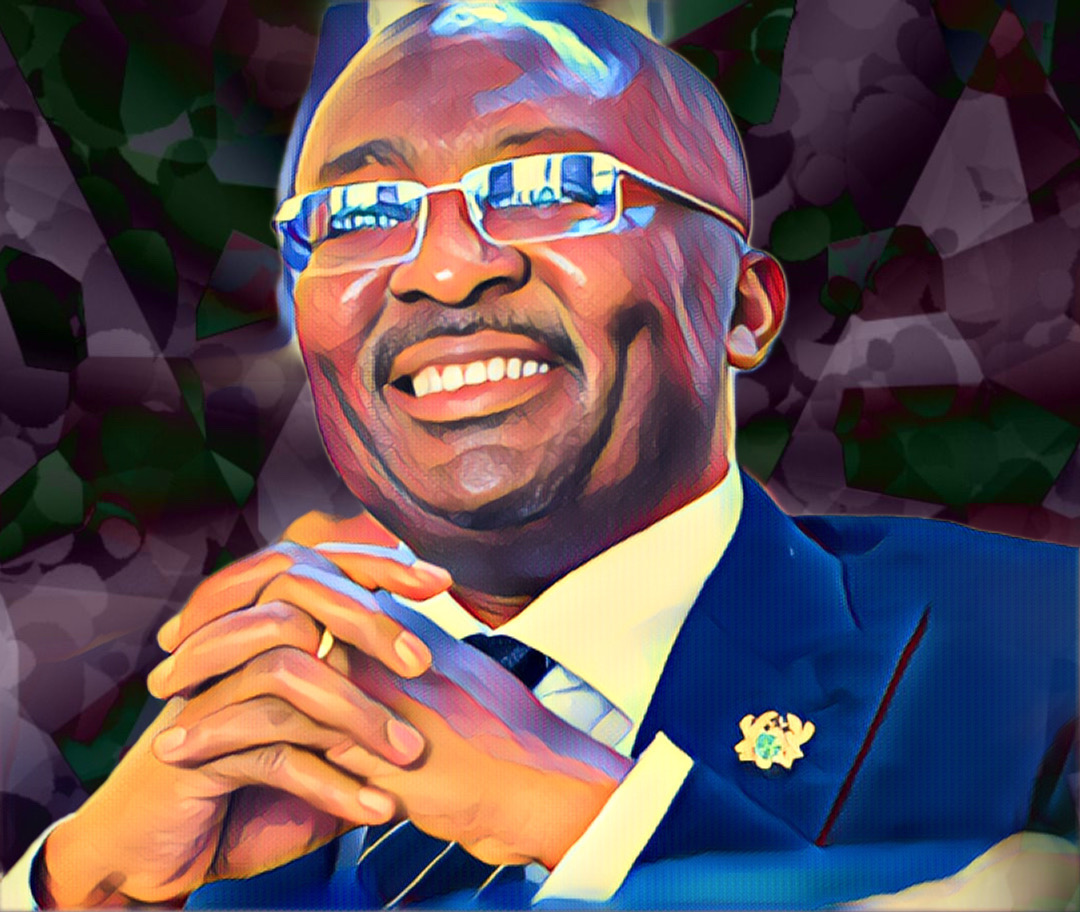In a landmark address at the Annual New Year School and Conference at the University of Ghana, Vice-President Dr Mahamudu Bawumia underscored the imperative of integrating digital devices into Ghana’s educational framework. This initiative, he posits, is crucial for positioning the country competitively in the burgeoning era of the fourth industrial revolution, which is firmly rooted in digital technology.
Dr Bawumia, speaking at the prestigious event held at the university’s Great Hall, called on educational institutions, particularly at the tertiary level, to spearhead the development of innovative technologies tailored to tackle specific societal challenges. This approach, he believes, will catalyse national development and position Ghana as a leader in the technological domain.
The Vice-President expressed optimism that the recommendations from the three-day conference would strategically position Ghana for accelerated, technology-enabled development. His vision encompasses a technology-anchored economy, bolstered by a humanistic approach, ensuring resilience and prosperity for future generations.
Emphasizing the humanistic aspect, Dr Bawumia noted that enhancing humanism is not merely about resilience but is foundational for sustainable development that is inclusive and beneficial for all humanity.
Addressing the local governance system, Dr Bawumia acknowledged the progress made over the past 31 years in Ghana’s fourth republic. However, he also pointed out persisting challenges, advocating for attitudinal and systemic reforms to bridge the transformational gap in governance and development.
The Vice-President commended civil society and other organisations for their contributions towards transformative proposals in Ghana’s local governance, assuring the government’s commitment to engaging in necessary changes.
Professor Nana Aba Appiah Amfo, the Vice-Chancellor of the University of Ghana, highlighted the university’s strides in digitalisation, mentioning the distribution of laptops to economically challenged students and efforts to upgrade technological infrastructure. She emphasized the university’s commitment to embracing technology not just as a tool but as a core part of its institutional culture.
The event also featured insights from Professor Katrin Niglas, Vice-Rector for Research at Tallinn University, Estonia. She drew parallels between Estonia’s and Ghana’s educational goals, affirming the transformative power of digitalisation in education.
Mary Chinery-Hesse, Chancellor of the University of Ghana, underscored the strategic role of technology in bridging infrastructure gaps and driving sustainable progress. She emphasized that adopting technology is vital, especially for empowering the youth through education and economic advancement.
This year’s New Year School, with its theme “Nurturing resilience; adopting technology and embracing humanism for sustainable development,” brought together policymakers, academics, business leaders, and civil society organisations. The conference aimed to foster dialogue and formulate strategies for sustainable development through technological advancement and humanistic principles.
As Dr Bawumia advocates for digital transformation in education, his call aligns with global trends in the fourth industrial revolution. It underscores the necessity for nations like Ghana to adapt and evolve in this rapidly changing digital world. The integration of digital devices in education is not just a step towards modernization; it’s a leap into future-proofing the nation’s dev





1 comment
Bạn có thể xem live với hơn 200+ trận đấu siêu hấp dẫn như: trang chủ 66b Cyber Alliance Cup, Open Fire All Stars, Demacia Cup, LCK,… Chúng tôi cho phép người chơi so sánh tỷ lệ cược trước khi vào tiền đồng thời, xem nhanh kèo từ 3-4 ngày để vào ăn được bộn tiền khi chiến thắng. TONY12-15